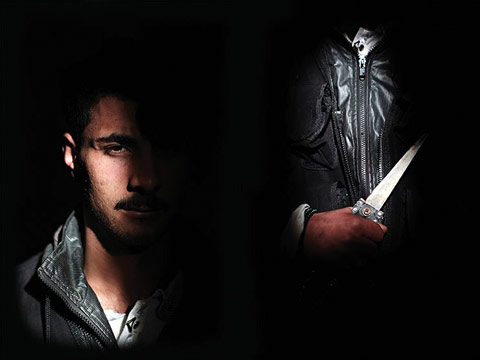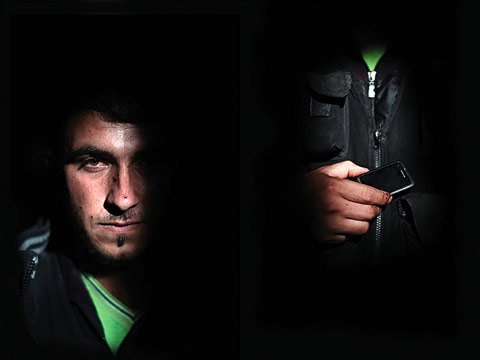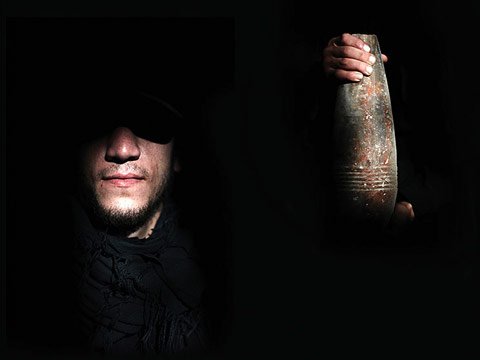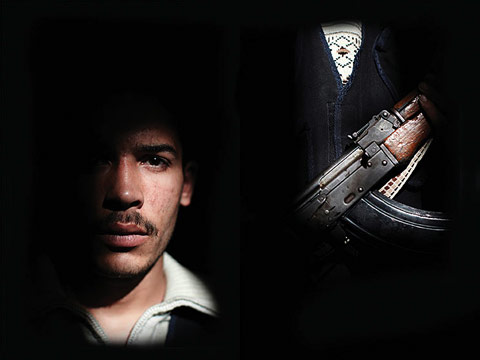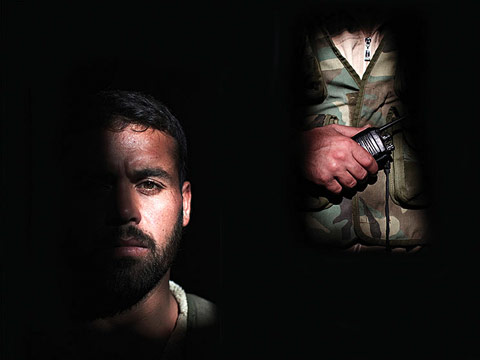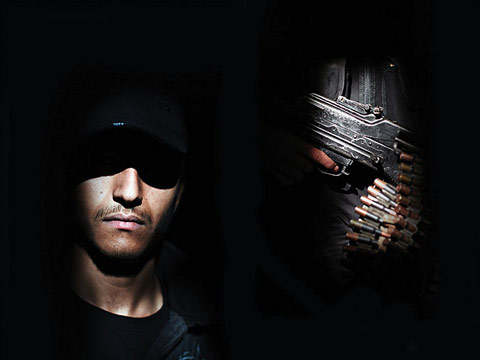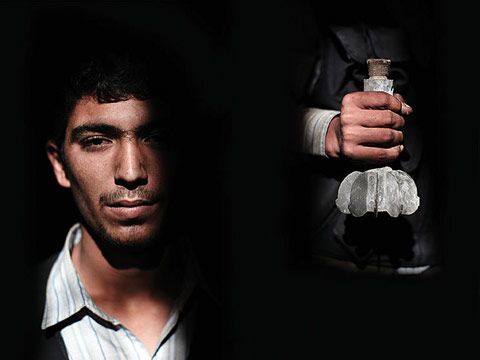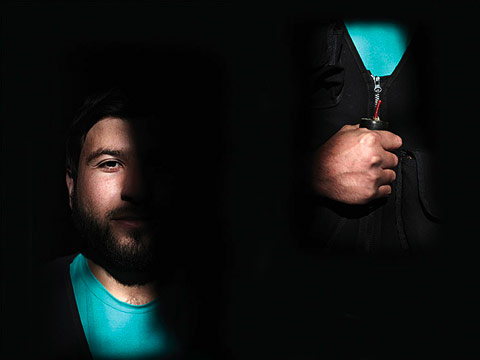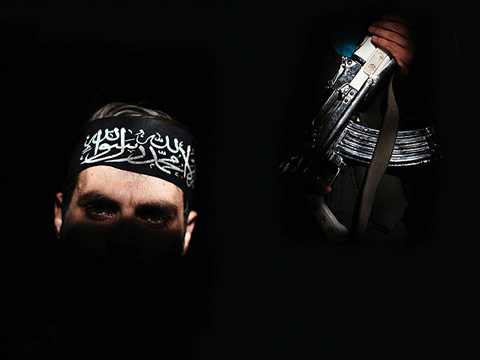Caution, Curves Ahead
By THOMAS L. FRIEDMAN
The uprising against Assad began on March 15, 2011. His downfall has been predicted every month since. Why has he been able to hold on so long? Russian and Iranian military aid certainly help, but so does the support he still enjoys in key communities. Assad’s Alawite minority sect, which has been ruling since 1970 and constitutes 12 percent of Syria’s 22 million population, believes that either they rule or they die at the hands of the country’s Sunni Muslim majority (74 percent). The Syrian Christians, who are 10 percent, and some secular Sunni Muslims, particularly merchants, have also thrown in their lot with Assad, because they believe that either he rules or chaos does. None of them believe the rebels can or will build a stable, secular, multisectarian democracy in Assad’s wake. Why do we think they are wrong?
What are Qatar’s and Saudi Arabia’s goals? Are we to believe that these two archrival Wahhabi fundamentalist monarchies, the two main funders and arms suppliers of the Syrian uprising, are really both interested in creating a multisectarian, multiparty democracy in Syria, which they would not tolerate in their own countries?
Syria’s rebels fall into three groups: those democrats who want to be free to be citizens in a country where everyone has the same rights; those who want to be free to be more Islamic; and those who want to be free to be more sectarian — to see Syria’s Sunni majority oust the ruling Alawite minority. Last week, Moaz al-Khatib, the president of the main Syrian opposition coalition, resigned. Khatib had pushed for talks with the Syrian regime, which many rebels reject. Who can reassure the Syrian Alawites or Christians that they will have a place in a post-Assad Syria, if the rebels can’t get along with one another?
The Lebanese civil war burned for 14 years. It was finally settled with the 1989 Taif peace accord, based on the principle “no victor, no vanquished.” It allowed Lebanon’s Christian minority to be “overrepresented” to reassure them that their interests would be protected in a future Lebanon. Although the Christians made up probably 35 percent of the population, they were given a 50-50 split with Lebanese Muslims in the Parliament. One cannot expect Syria’s Sunni majority, tens of thousands of whom have been slaughtered by Assad, to reach out overnight to the Alawites. In time, though, can we expect the rebels to guarantee a future for Alawites and Christians in Syria, which is the only way the state can remain intact? Or are we fine with the Alawites carving out their own homeland in Syria, the Sunnis taking the rest and the Christians moving to Canada?
The lesson of Iraq, Egypt, Tunisia and Libya is that the sooner you re-establish security, the more people are ready to think and act like citizens rather than sects or tribes. After Assad falls, who will mediate between the communities and militias inside Syria to bring order? Do we really believe that a post-Assad Syria, which doesn’t seem to have a Nelson Mandela, will be able on its own to build a multisectarian government to rule the whole country without a well-armed, boots-on-the-ground international force, blessed by the U.N. or Arab League, to act as a referee? And who in the Milky Way Galaxy wants that job?
My bottom line: We know what kind of Syria we’d like to see emerge, and we have a good idea of the terrible costs of not achieving that and the war continuing. But I don’t see a consensus inside Syria — or even inside the opposition — for the kind of multisectarian, democratic Syria to which we aspire. In this kind of situation, there are three basic options: We and some global coalition can invade Syria, as we did Iraq, sit on the parties and forge the kind of Syria we want. But that hasn’t succeeded in Iraq yet, at huge cost, and there is zero support for that in America. Forget it. We can try to contain the conflict by hardening Turkey, Jordan, Lebanon and Israel, wait for the Syrian parties to get exhausted and then try to forge a cease-fire/power-sharing deal. Or we can let the war take its course with the certainty of more terrible killings, the likelihood of its spreading to neighboring states and the possibility of its leading to the fracturing of Syria into Sunni, Alawite and Kurdish mini-states.
I’m dubious that just arming “nice” rebels will produce the Syria we want; it could, though, drag us in in ways we might not want. But if someone can make the case that arming the secular-nationalist rebels increases the chances of forcing Assad and the Russians into a settlement, and defeating the Islamists rebels after Assad falls, I’m ready to listen.
This is the problem from hell. Sometimes the necessary and desirable are impossible, which is why I commend the president on his caution, up to now.
 , adding that “they had lost control over the mosque at the time."
, adding that “they had lost control over the mosque at the time."